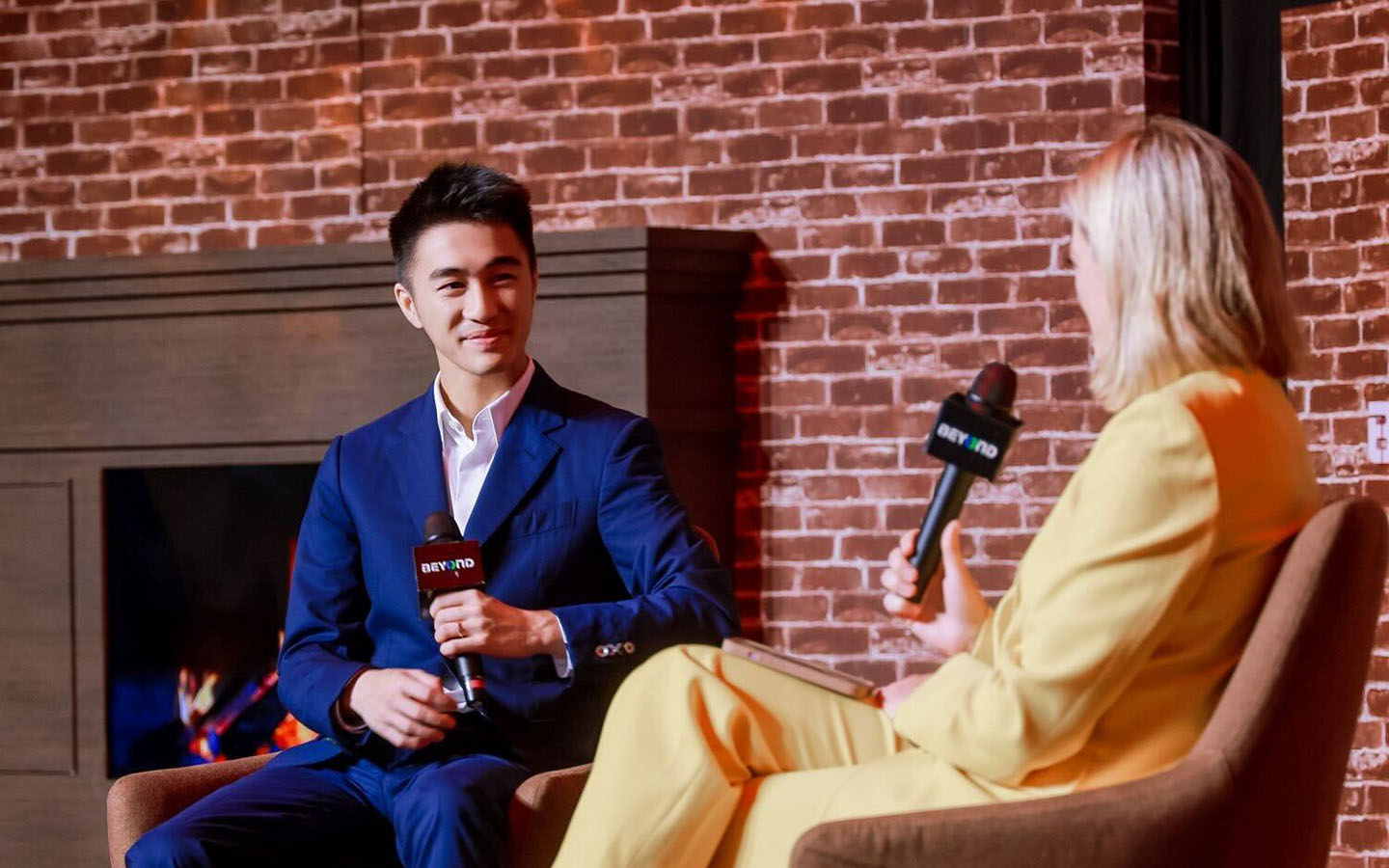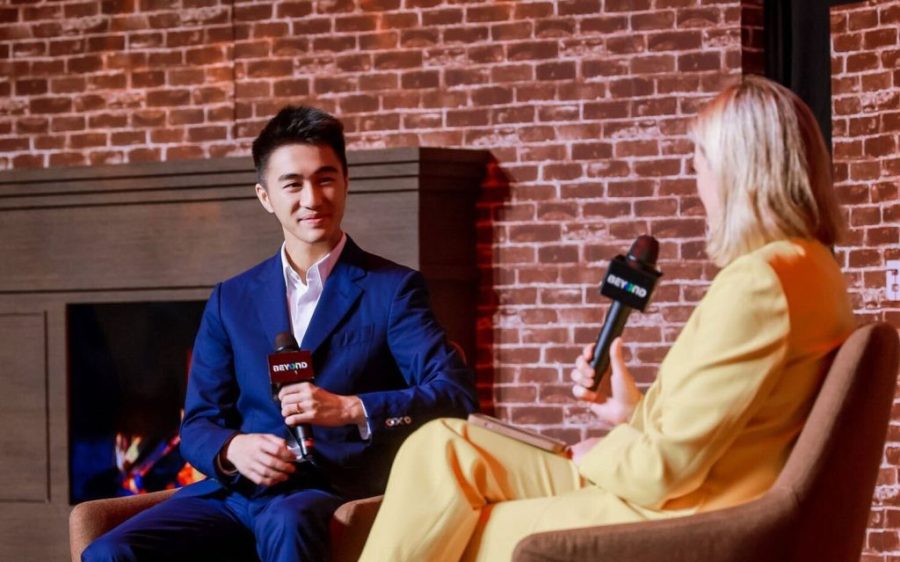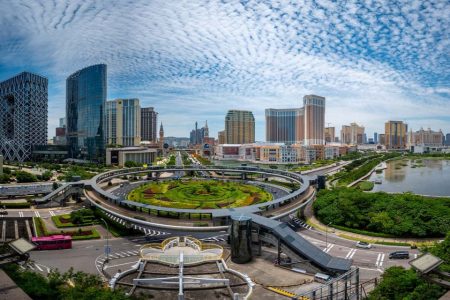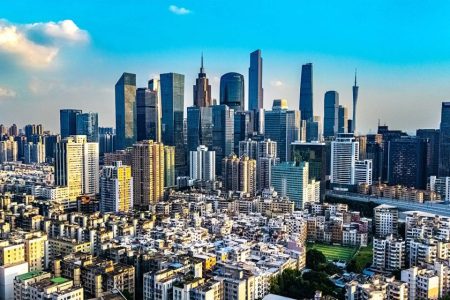Mario Ho, head of the Nasdaq-listed esports company NIP Group and chairperson of the Macau E-Sports Federation, discussed his industry’s current “winter” season at a fireside chat on Saturday – the final day of Macao’s 2025 Beyond Expo. Bloomberg TV’s Annabelle Droulers was the moderator.
The 30-year-old son of late casino magnate Stanley Ho reflected on competitive video gaming’s rapid growth in the 2010s, which he described as “a massive sprint” that led many to believe esports could “turn into the NBA in just a few years.” Ho noted that there were “lots of records being broken” in terms of viewership and prize money at that time.
However, he acknowledged that the sector had neglected underlying business logic. Ho suggested that it was now in a “transition” period, with stakeholders reflecting on esports’ business model and the ways in which it could modernise.
[See more: ‘Dream come true’: Stanley Ho’s youngest son Mario Ho successful in Nasdaq bid]
One issue, Ho observed, was that the global esports market was very “fragmented” and had clear regional differences. China, for instance, leaned heavily towards mobile gaming (on smartphones or tablets), while players from the West had a preference for so-called first-person shooter (FPS) games that tended to be less mobile-friendly.
To accommodate these variations, NIP Group – which manages esports teams and organises esports events around the world – steers clear of specialising in a particular type of game. “We just focus on the biggest titles in the regions where they’re popular,” he said.
The company began publicly trading on the Nasdaq in mid-2024, making it the first US-listed Chinese company in the esports industry and then 29-year-old Ho the youngest founder of a Nasdaq-listed company in Asia. At BEYOND Expo, Ho said that going public had allowed the NIP Group to pursue new avenues and “become a more developed company in terms of governance, compliance, legal and understanding of international investor appetite.”
[See more: Macao’s e-sports potential: A new era for tourism?]
Ho highlighted the company’s recent expansion into the Middle East, with a focus on the UAE and Saudi Arabia. He noted that “an entire esports city” was currently being built in Abu Dhabi, and that a new partnership with the Abu Dhabi Investment Office could “supercharge” the company. Ho predicted that esports capital being invested in the region now would lead to world-class competitions and top-tier teams emerging from the Middle East within the next five years.
Beyond the Middle East, Ho said he was looking into closer-to-home expansion in Thailand and Vietnam. The Southeast Asian countries’ potential lay in their large populations of young people, he noted.
Emerging revenue streams in e-sports
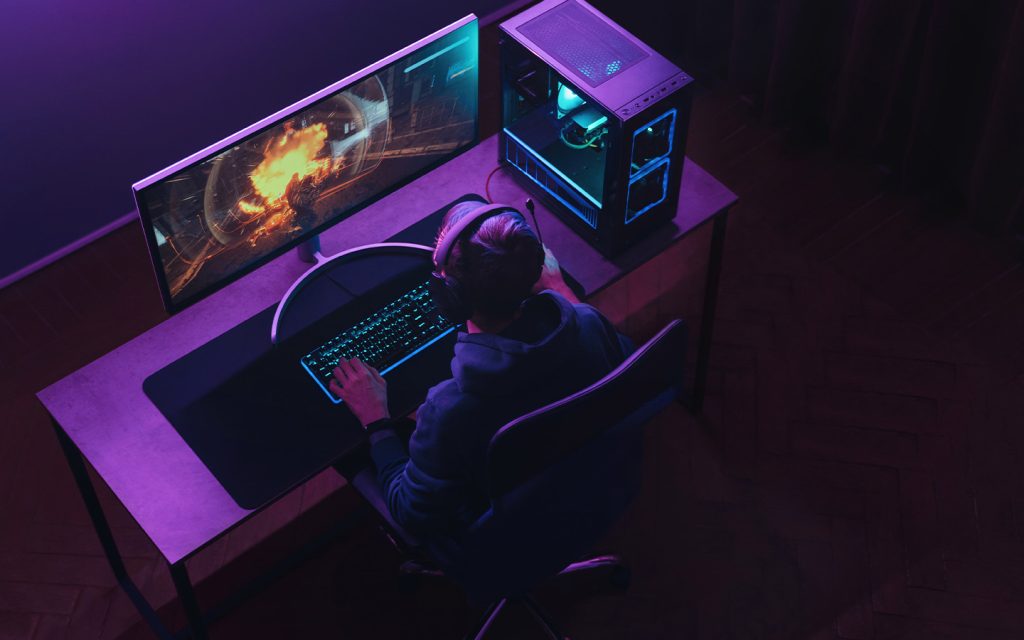
While NIP Group has been expanding, Ho acknowledged it had yet to turn a profit. He told his audience at Beyond Expo that he was “very positive” full year profitability would be achieved “very soon,” and elaborated on some of the company’s different revenue streams.
[See more: Tech titans debate AI and global ambitions at Beyond Expo 2025 in Macao]
One emerging focus was the esports hotel industry. Ho described esports hotels as a “very interesting phenomenon” in mainland China, with more than 20,000 such hotels already in operation. NIP Group was aiming for the premium segment, and Ho said its first esports hotel was scheduled to open in Chengdu, Sichuan Province, later this year. If the new venture proves successful, Ho plans to franchise it. His goal was to see more than 100 NIP Group hotels established via the franchise model in the next three years.
Events were also a growing money spinner, Ho said. What once accounted for just 10 percent of revenue has grown to around one-third, thanks to partnerships with major Chinese firms like Tencent and BYD.
NIP Group also manages esports talent. Ho explained that establishing teams in Asia could be more expensive than in the west, because Asia’s “super high concentration of the biggest players” drove up salaries. On the topic of sponsors, Ho said that most major global brands involved in traditional sports had already entered esports – but were largely inclined to support only top tier teams, often the case with professional basketball and football as well.
During his fireside chat, Ho was asked about how esports related to Web 3.0 (a decentralised, emerging phase of the internet that’s focused on blockchain-based technologies), artificial intelligence (AI) and virtual reality (VR) technologies.
With respect to Web 3.0, Ho said that “some overlap” was happening as cryptocurrency gained greater acceptance for in-game transactions. On AI, Ho explained that the technology was already enhancing the viewer experience and helping developers work faster. VR, meanwhile, had a lot of potential in gaming – but Ho said its high cost was a barrier to adoption.
This year’s Beyond Expo concluded today after a four-day run that began on Wednesday. Organisers said this year’s edition was the largest yet, attracting over 30,000 participants, 1,200 exhibitors, and 300 speakers.
